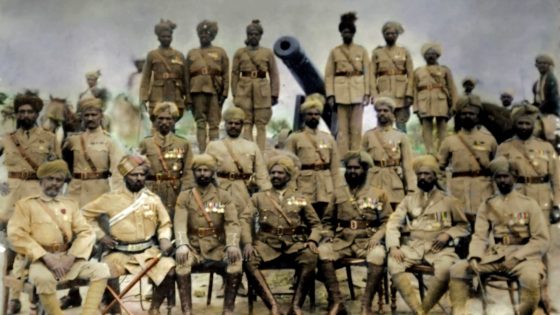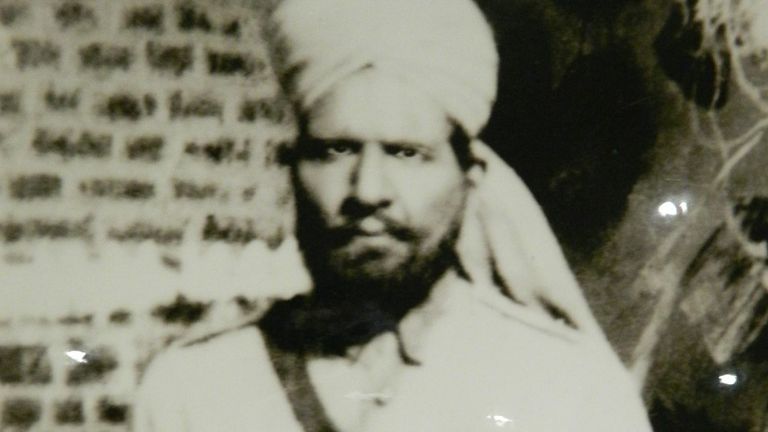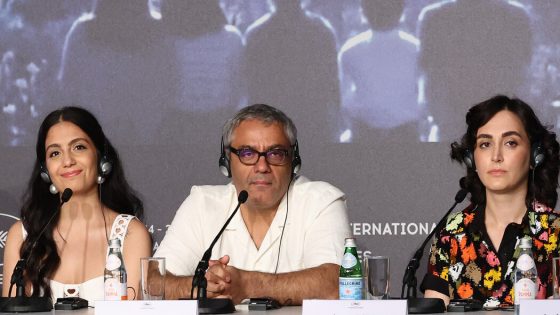A memorial is set to be built for Muslim soldiers who fought and died alongside British and Allied forces in both World Wars.
Set to be erected at the National Memorial Arboretum (NMA) in Staffordshire, the 13.2m minaret-shaped structure is to be constructed with brick and terracotta sourced from different parts of the UK and inscribed with the stories of Muslim soldiers who fought for the crown.
Architect Benny O’Looney, who designed the memorial, told Sky News he was inspired by travels to the Indian subcontinent.
He said: “The idea is, as you approach the memorial, it draws you in. And you can see there’s more detail, more information, more craftsmanship.
“The idea is to show a panorama of the Muslim soldiers’ service in the World War from the gritty 1914. This incredible narrative of plugging the gap and saving the expeditionary forces on the Western Front.”
At least 2.5 million Muslim soldiers and labourers are reported to have fought with the Allied forces in the First World War and 5.5 million in the Second World War. Nearly 1.5 million Muslims were killed in action.
The memorial’s design tells the story of sacrifice while reviving traditional crafts, and Mr O’Looney says it will incorporate work from a sculptor and an Islamic calligrapher.
Its site has been chosen at the NMA, a 150-acre visitor site on the edge of the National Forest, alongside commemorative memorials for Sikhs, Gurkhas and others.
Irfan Malik’s ancestors served in both World Wars.
“Both of my great-grandfathers Captain Ghulam Mohammad and Subedar [roughly equivalent to warrant officer] Mohammad Khan were part of the Great War, and my two grandfathers were part of the Second World War serving in Burma,” the GP from Nottingham told Sky News.
“They all descended from Dulmial village, which is based in the salt range in Punjab, in present-day Pakistan, a very famous military village.”
Dr Malik said the memorial at the NMA has been a number of years in planning.
“I’m so glad we are near to fruition now, so that we can remember this forgotten history of the Muslim soldiers in both of the Great Wars and looking at Muslim contributions globally as well,” he said.
“It’ll be a symbol of remembrance of those campaigns, the sacrifices made, and also an opportunity to educate our younger generation to improve community cohesion in this country.”
Source Agencies




